In many parts of the world, people are free to express their opinions without any fear of repercussions. However, things could turn out very differently if one were to express his or her views in China.
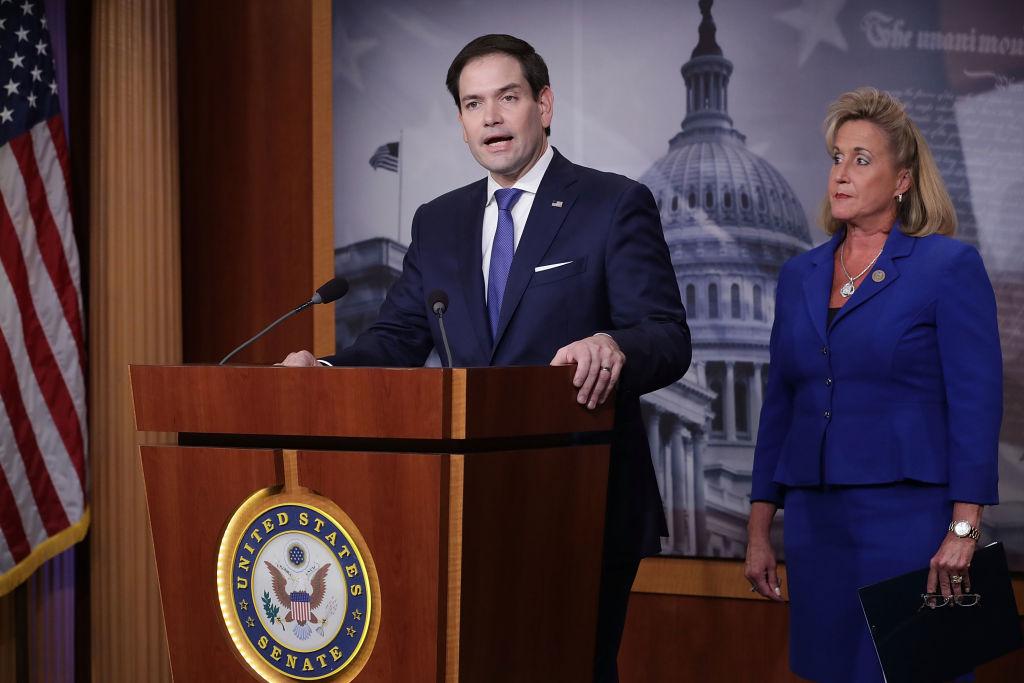
By political prisoners, Rubio meant those who are imprisoned under “totalitarian dictatorships” in countries such as Cuba, Venezuela, Iran, and China. Rubio hoped that his campaign would “serve as a voice for the voiceless.”
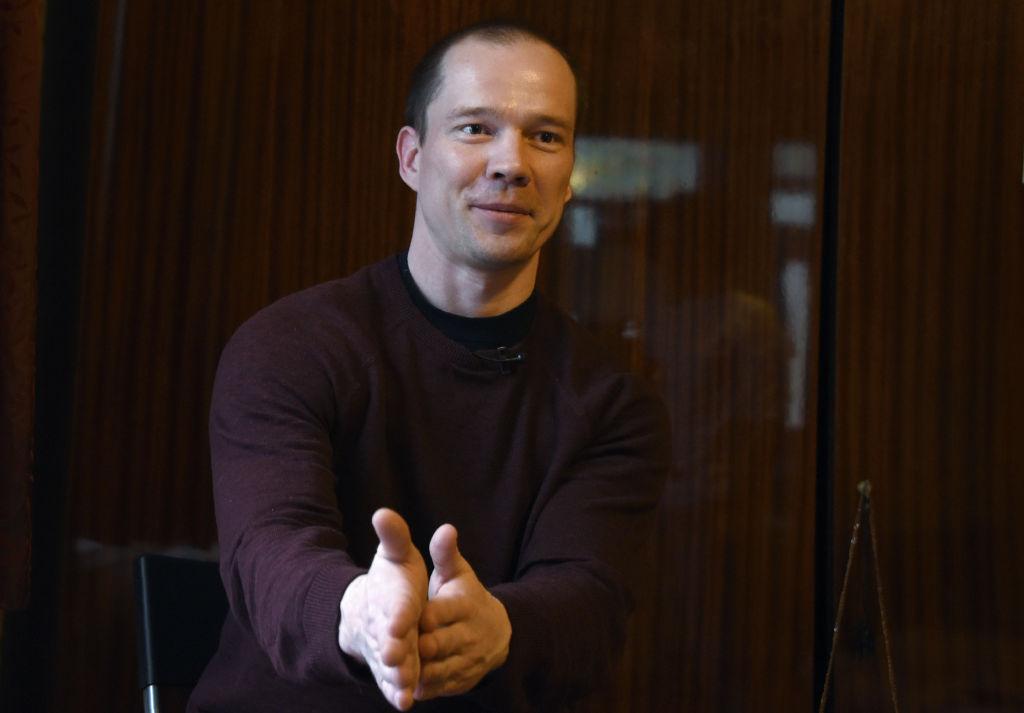
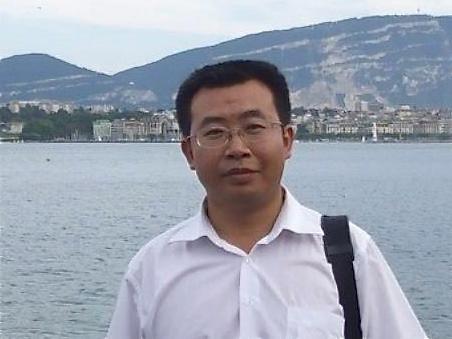
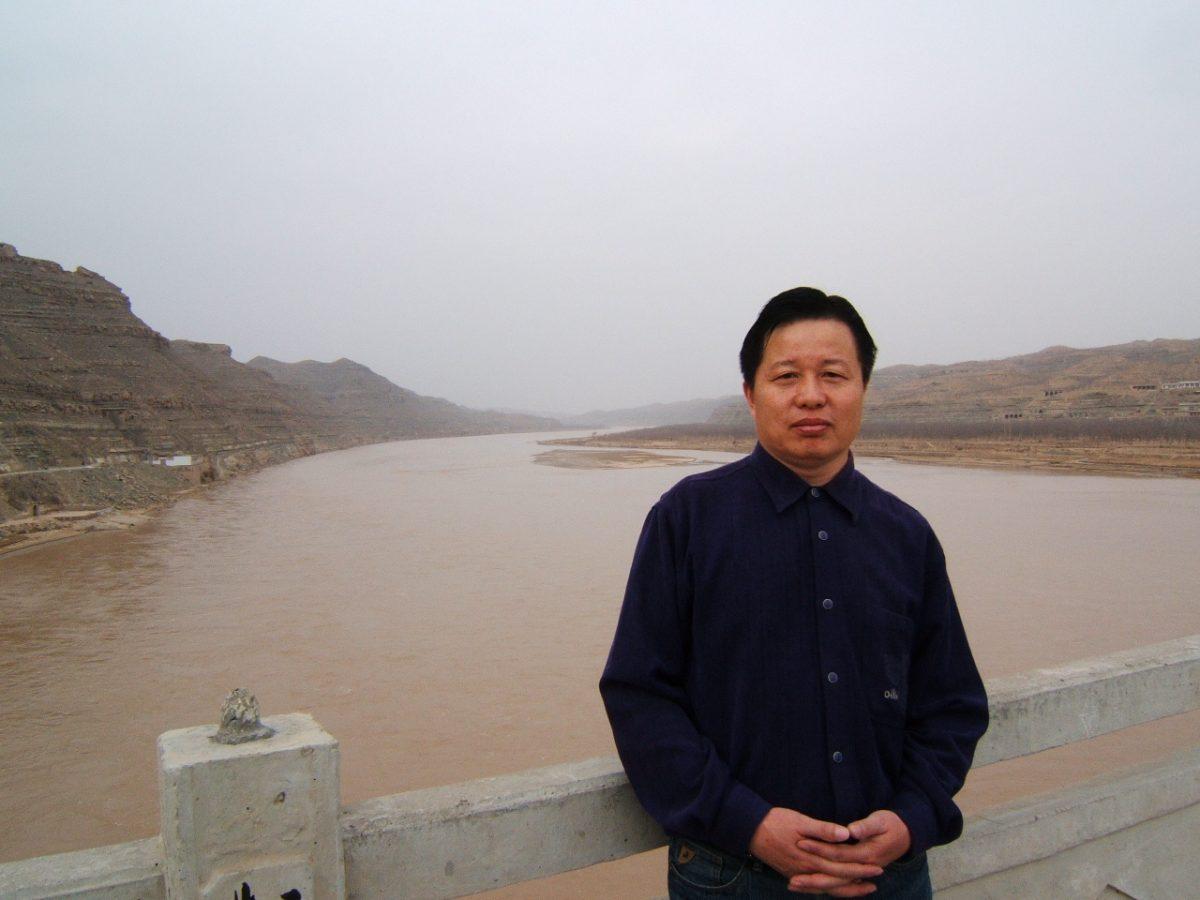
Falun Gong, also known as Falun Dafa, is an ancient Chinese spiritual discipline that consists of moral teachings and gentle exercises. Since its introduction to the public in 1992, more than 100 million people around the world have taken up the practice. However in China, the Chinese Communist Party (CCP) was extremely terrified when it saw the growth of Falun Gong’s popularity within just a few years.
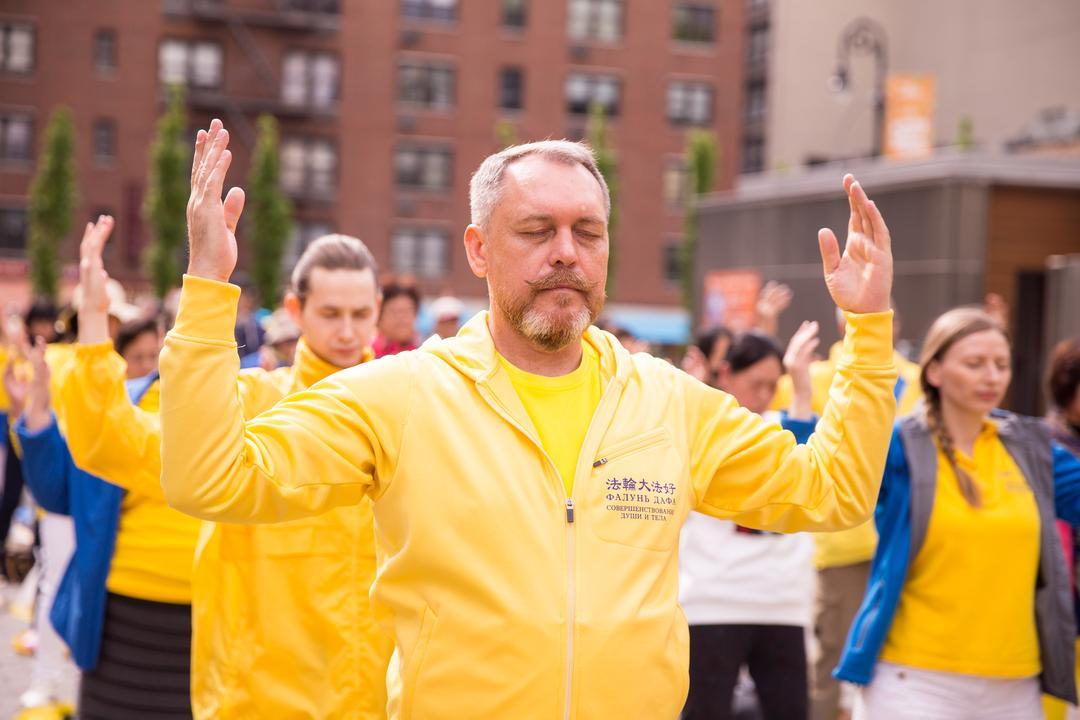
As a result, a brutal persecution that was launched in July 1999 has resulted in the arrest, torture, illegal detainment, and other human rights abuses of tens of thousands of Falun Gong practitioners in China.
Rubio told the Senate floor that Tang was convicted in January 2016 for “inciting subversion of state power” and subsequently sentenced to five years in prison. He added that this was not the first time that Tang was detained. In May 2014, Tang participated “in a nonviolent disobedience movement seeking legal and social reform in China” and was detained for “picking quarrels and provoking troubles.”
“Just imagine that: picking quarrels and provoking troubles is a crime in China,” Rubio remarked.
Rubio’s concerns on human rights abuses in China was not surprising as he is the chairman of the Congressional-Executive Commission on China (CECC).
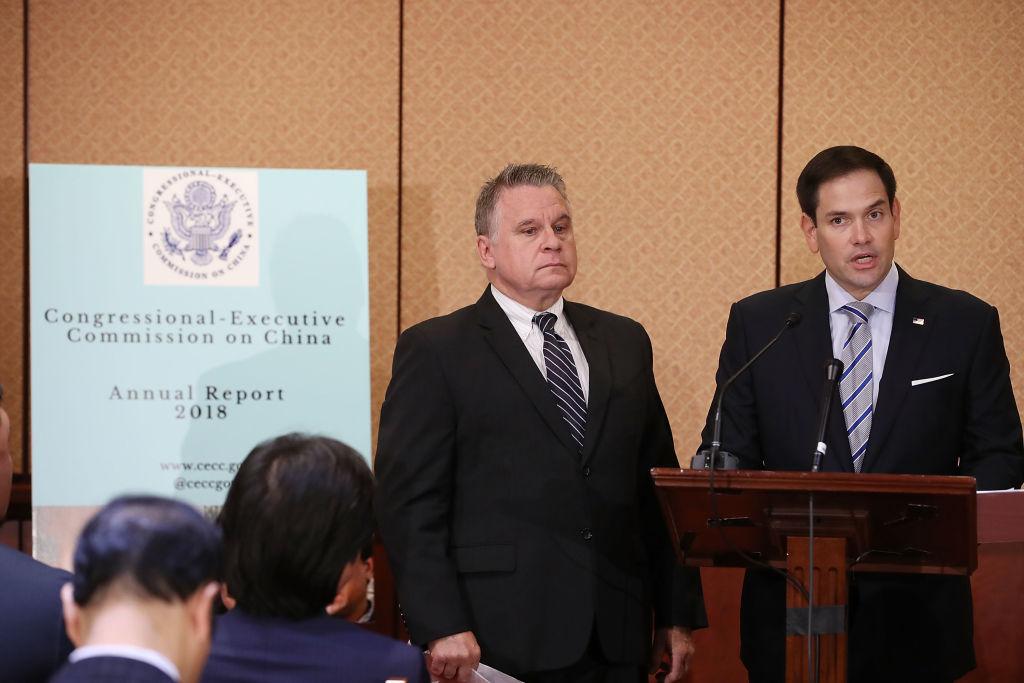
The senator’s worries are not only restricted to looking out for overseas political prisoners.
Closer to home, Rubio and U.S. Rep. Christopher Smith (R-N.J.), co-chairman of the CECC, wrote a joint letter to FBI Director Christopher Wray on Oct. 10, 2018, and sought for an investigation into the intimidation and threats against the Uyghur, Tibetan, and Chinese diaspora communities living in the United States.
“China’s authoritarianism at home directly threatens our freedoms as well as our most deeply held values and national interests,” according to the report in its Executive Summary.
At the release of the 2018 Annual Report of the Commission, Smith said: “this report shines a light on the Chinese government’s failures to abide by universal standards; shines a light on the cases of tortured and abused political prisoners. Even by the Chinese Communist Party’s low standards, this year has been audaciously repressive.”
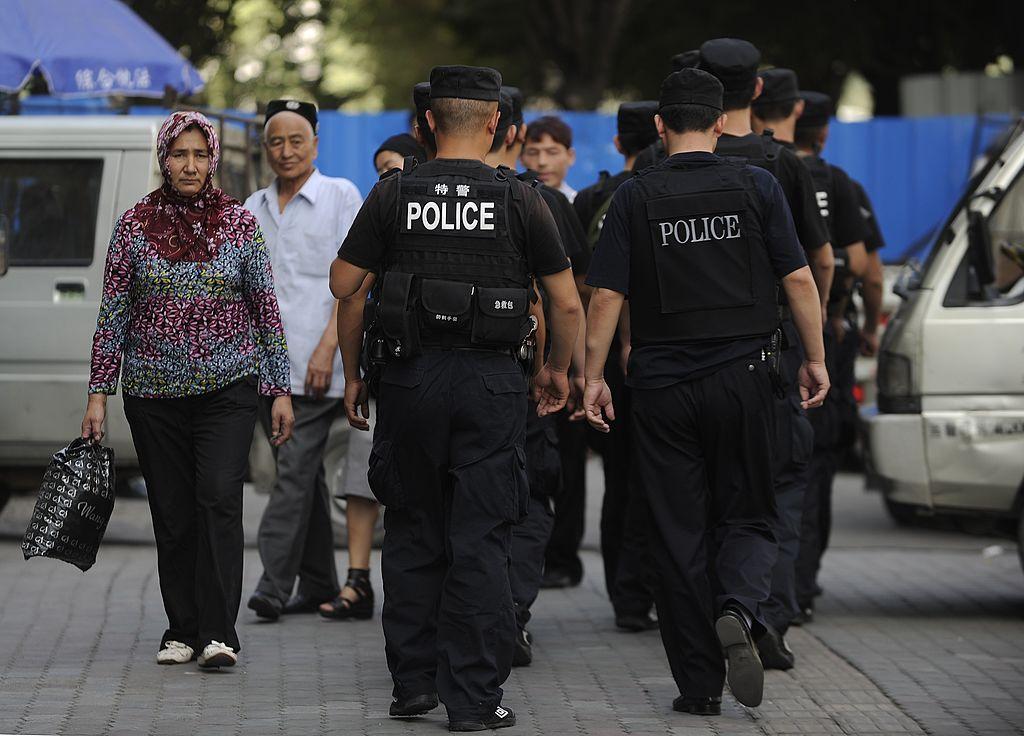
“The situation in Xinjiang and China’s treatment of its Uighur minority is beyond abhorrent and shines a light of China’s surveillance state tactics that threaten basic human dignity,” Rubio explained.
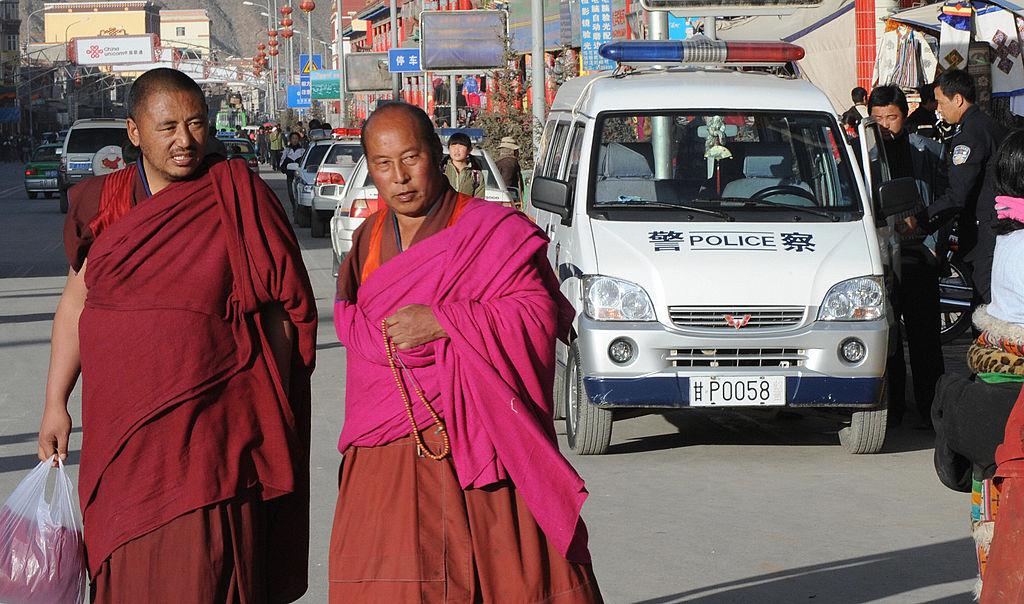
He added that due to the number of Uyghur Muslims who are “unjustly imprisoned and forced into labor camps,” there is a need for a “clear and consistent approach to China.”
Rubio, Smith, and Menendez are not the only ones stepping forward to criticize the Chinese regime for the persecution of religious minorities on its citizens.
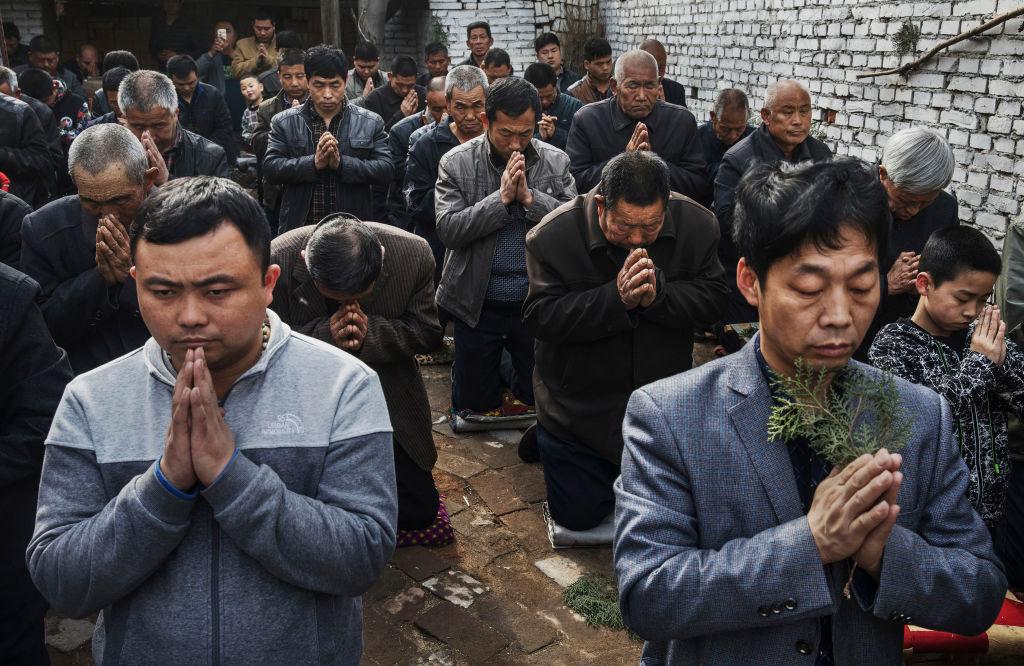
Purdue said: “From burning Bibles and demolishing Christian churches to the mass internment of hundreds of thousands of Uighur Muslims, the Chinese government is inflicting terror on its own people.
“The United States must condemn these egregious human rights abuses. I urge my colleagues to work alongside President Trump and Secretary Pompeo to hold them accountable.”
“The right to religious freedom is innate to the dignity of every human person and is foundational to the pursuit of truth,” he said.
“Efforts to circumscribe religious freedom—or to separate it from adjoining civil liberties, like property rights or free speech—are on the rise.”


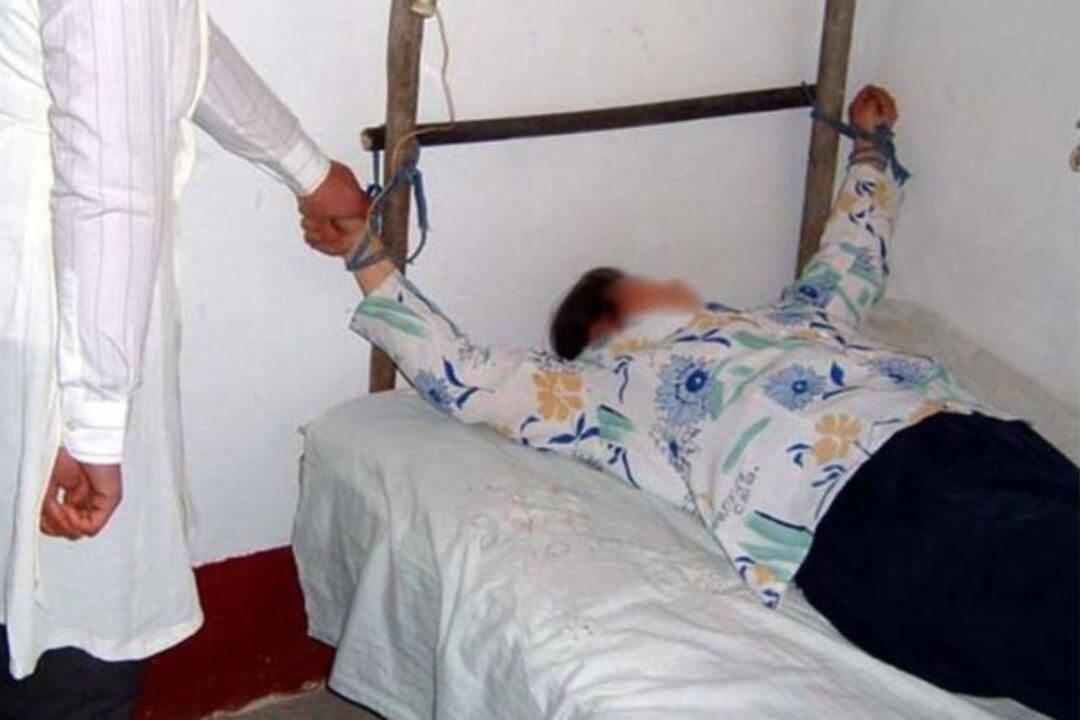
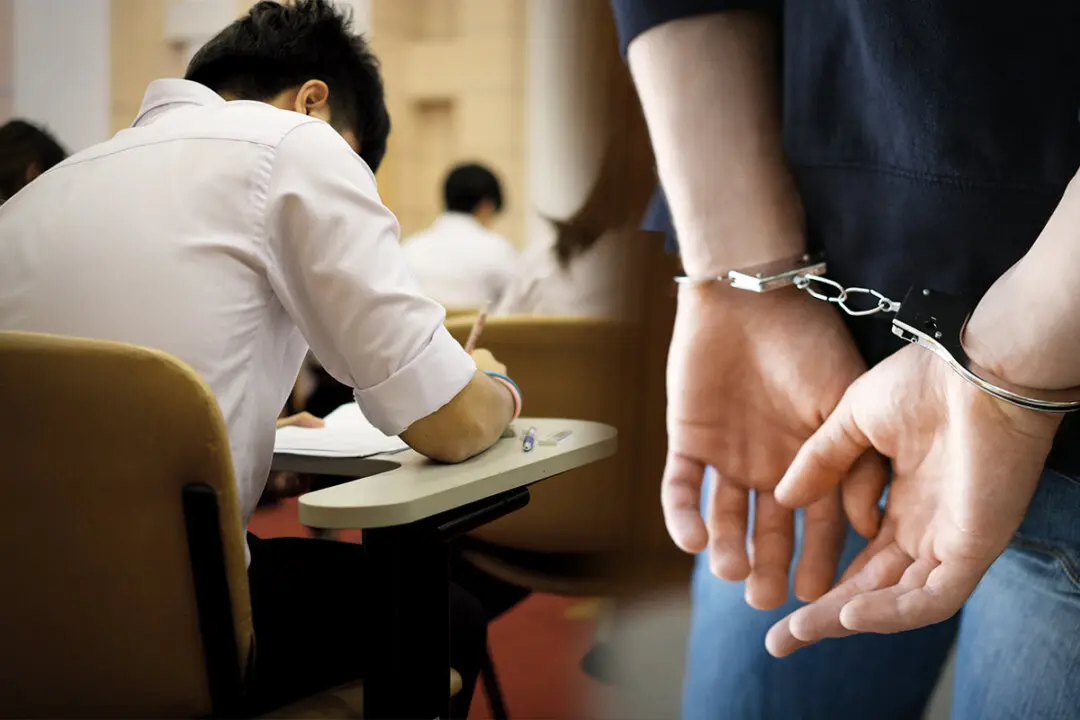
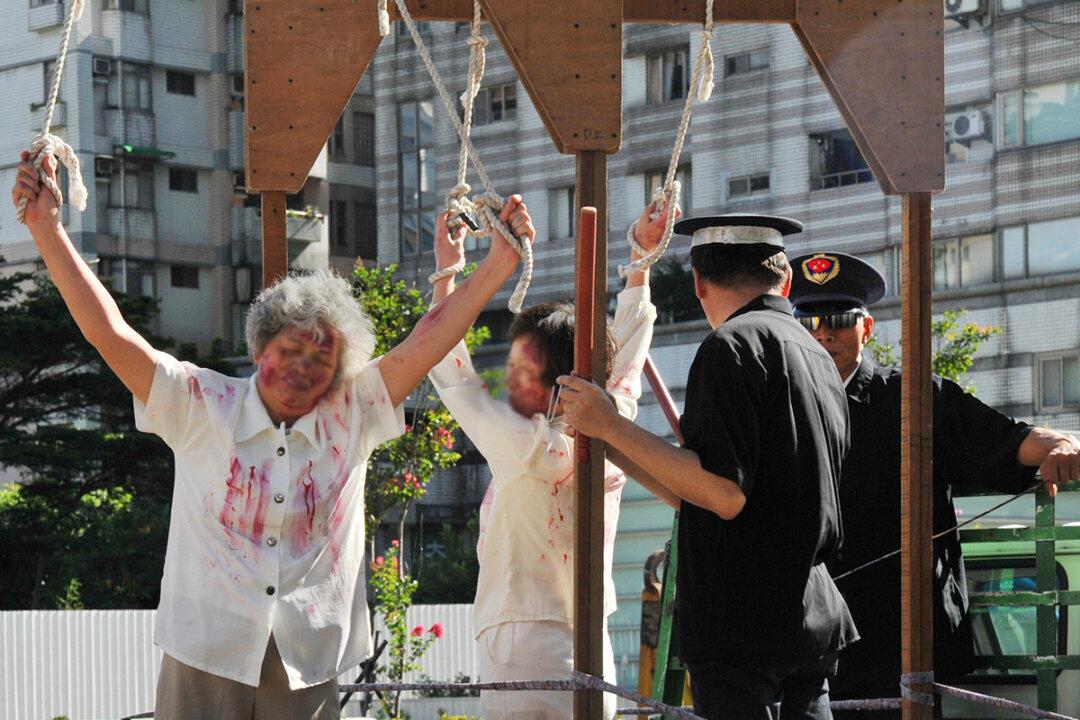
![‘Killing You Would Be the Same as Killing Ants’: Prisons Where Innocent Citizens Are Tortured [PHOTOS]](/_next/image?url=https%3A%2F%2Fimg.theepochtimes.com%2Fassets%2Fuploads%2F2023%2F12%2F09%2Fid5544114-Falun-DaFa-practitioner-1080x720.jpg&w=1200&q=75)